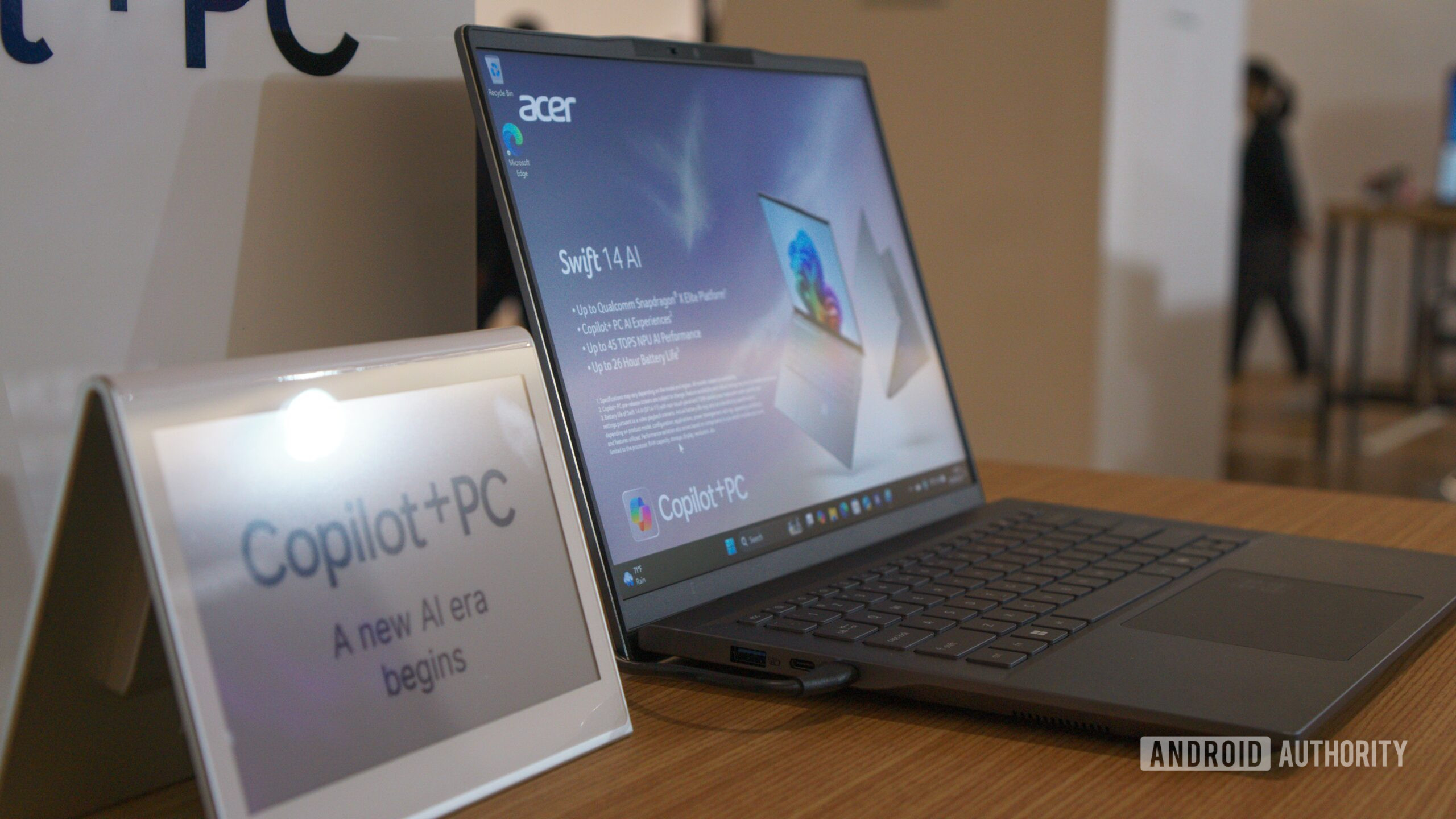Affiliate links on Android Authority may earn us a commission. Learn more.
The good news is that cheap Snapdragon X PCs are coming, but...
Published onJune 17, 2024

- Qualcomm is working on a low-cost Snapdragon X chip, according to a veteran analyst.
- The processor will apparently target devices priced at $599 to $799.
- The new processor is only said to launch in Q4 2025, though.
The first Snapdragon X PCs are set to finally launch tomorrow (June 18), but these will be premium devices. Now, a trusted analyst has revealed some good news and bad news for those wanting more affordable Snapdragon X Windows machines.
Analyst Ming-Chi Kuo asserted on Medium that Qualcomm is working on a “low-cost” Snapdragon X series processor codenamed Canim. The source adds that this chipset, which will apparently be a 4nm TSMC design, is aimed at “mainstream” machines between $599 and $799.
That would be a huge drop from current Snapdragon X PC prices, with virtually all of these machines starting at $1,000 or more.
Don’t expect a cheap Snapdragon X PC any time soon
Unfortunately, there’s bad news for people wanting a cheaper Snapdragon X PC right now. Kuo reports that the Canim processor is only scheduled to launch in Q4 2025, meaning it’s well over a year away from its apparent release window.
So you might have to wait a long time to get your hands on a brand-new but affordable Snapdragon X-powered Windows PC. Alternatively, you’ll likely have to wait for some of the current devices to inevitably see price cuts later this year.
If there’s any consolation, Kuo claims that this new processor will offer a similar 40 TOPS of AI power as the Snapdragon X Elite and X Plus (45 TOPS). That means laptops with this low-cost chip will likely get the Copilot Plus designation and features too given the 40 TOPS requirement.
We do wonder what sacrifices Qualcomm will make in other areas if this Canim chip is meant to be cheaper. We’re guessing that this mainstream processor could offer fewer CPU cores, a less capable GPU, dialed-back connectivity features (e.g. older Bluetooth and Wi-Fi standards), and/or fewer I/O options.